The Lights On Movement A Movement For Truth & Reconciliation September 30 – October 31 2025
The Lights On Movement A Movement For Truth & Reconciliation September 30 – October 31 2025
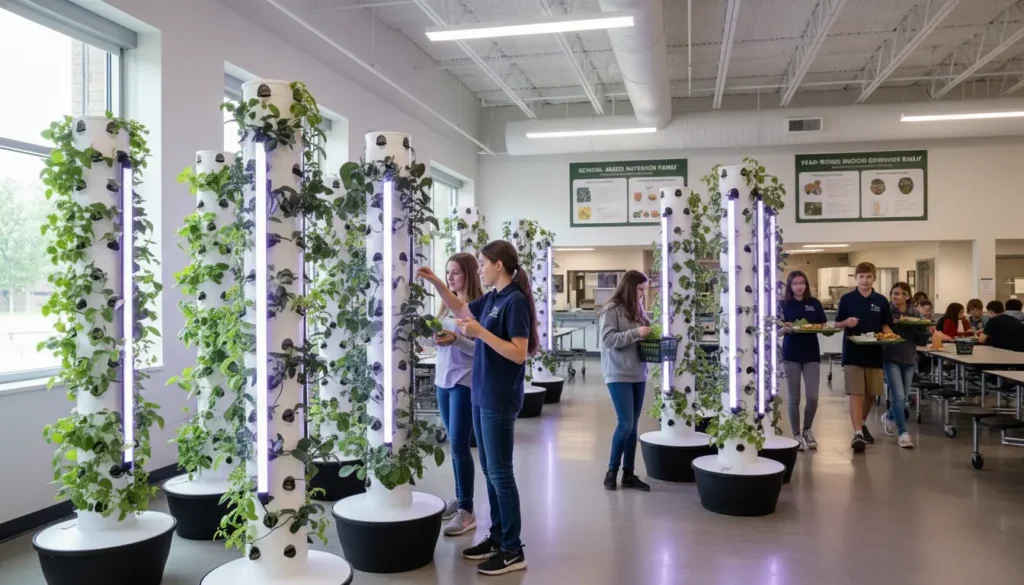
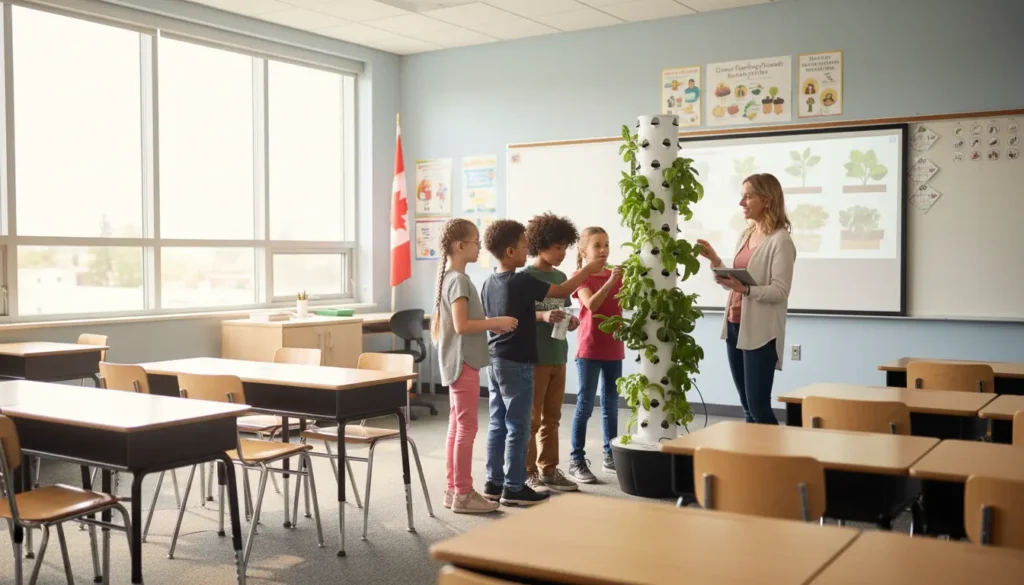
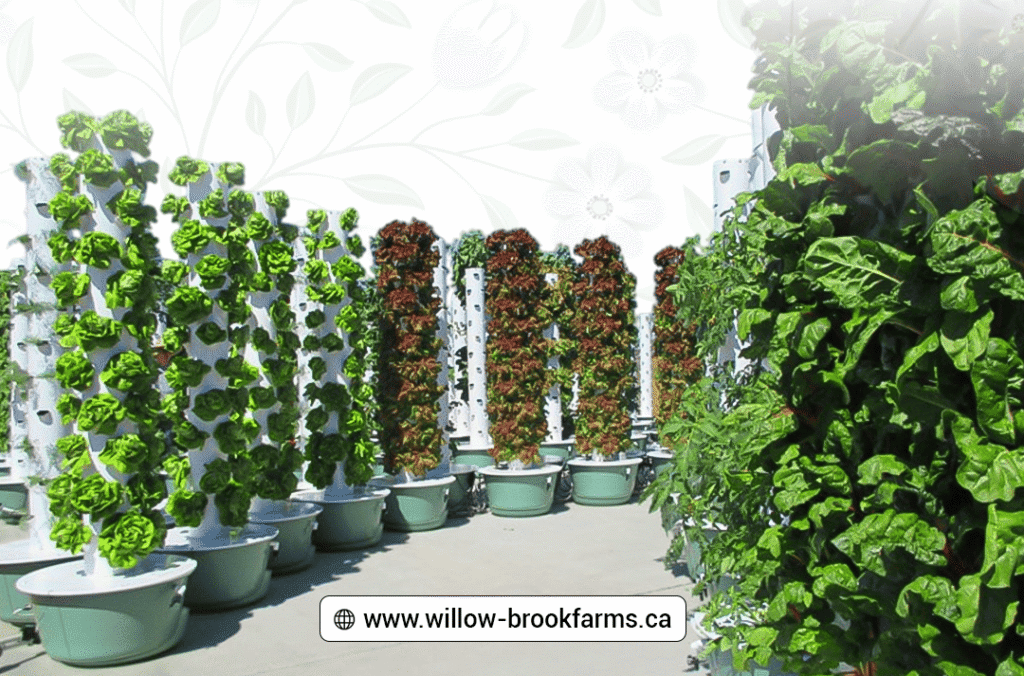
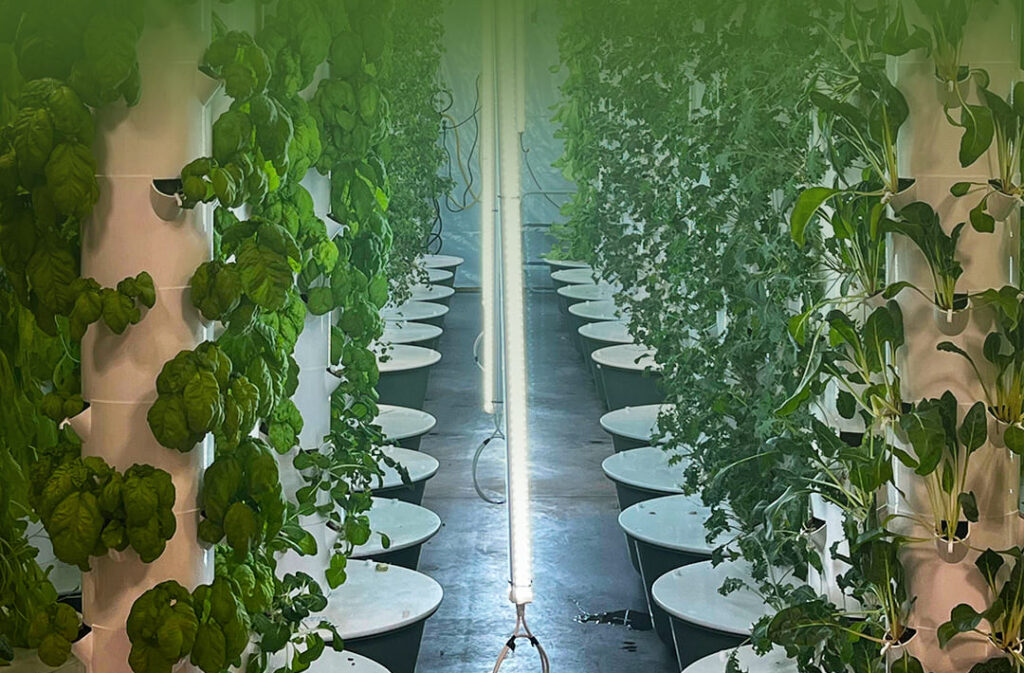
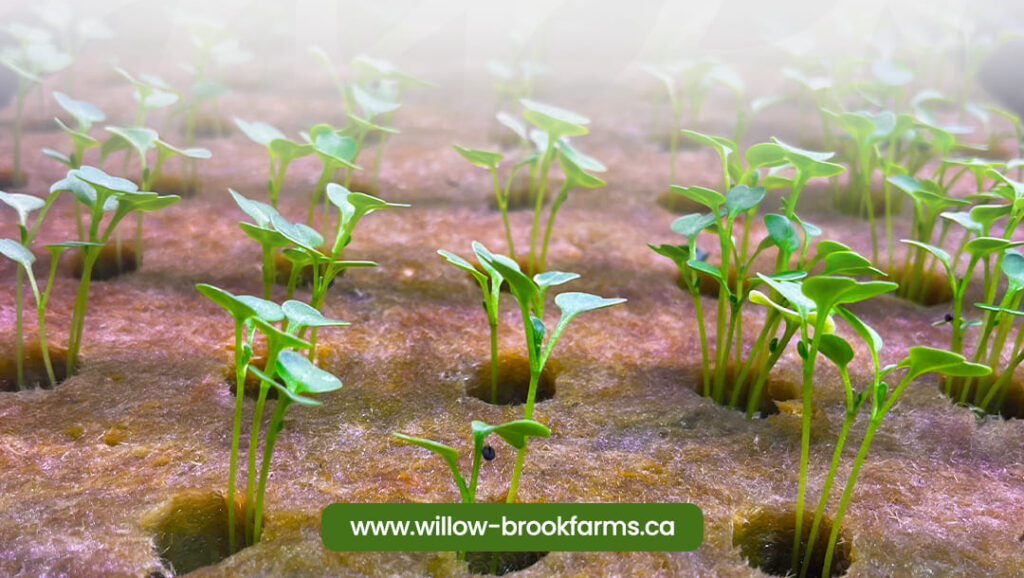
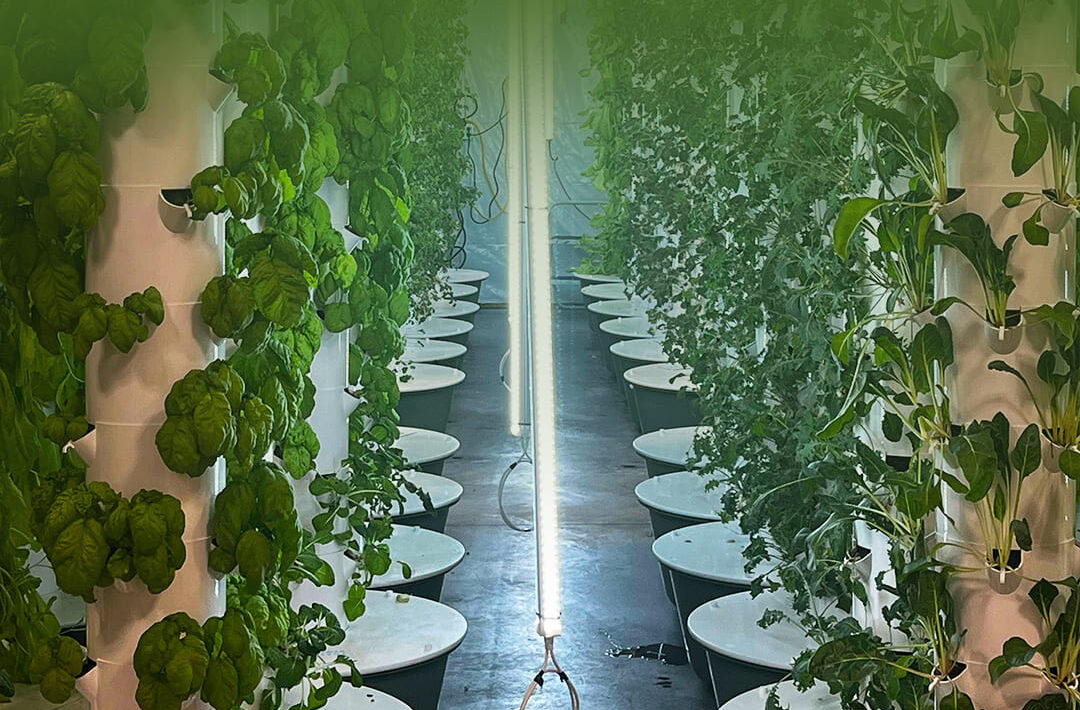
Across Canada, Indigenous communities are reclaiming more than just access to food. They’re reclaiming tradition, knowledge, and sovereignty—one harvest at a time.
Food sovereignty, by its very definition, means the right to grow and eat food that reflects your community’s values, culture, and needs. And for too long, Indigenous nations have been cut off from that right. From supply chain dependencies to environmental instability and jurisdictional barriers, the systems that feed most of Canada have often failed to feed Indigenous peoples with dignity, quality, or continuity.
But today, the story is shifting. Thanks to scalable technologies like indoor vertical farming, Indigenous-led organizations are bringing food production back under local control—not just as consumers, but as producers, educators, and innovators.
Food is cultural. It’s political. It’s ancestral.
For many Indigenous communities, traditional food practices were disrupted by colonization, land displacement, and restrictive policies.
Hunting grounds became private property. Access to fishing and agriculture was regulated or revoked. And as industrial food systems expanded, local food knowledge often faded—replaced by processed, store-bought alternatives with lower nutritional value and no cultural relevance.
At the same time, food insecurity grew worse. In some northern communities, the cost of fresh produce is three to five times the national average, and over 50% of Indigenous households report moderate to severe food insecurity. Seasonal access, unreliable ice roads, and fragile infrastructure only make matters more difficult.
This is why food sovereignty isn’t just a movement. It’s a community-led response to structural challenges—one rooted in land, identity, and the future.
Many communities have begun exploring technologies that don’t just patch the problem, but help reimagine local food systems from the ground up. One such approach is vertical farming.
Vertical farming—particularly hydroponic and aeroponic systems—allows food to be grown indoors without soil, using significantly less water and space than traditional agriculture. These systems are ideal for communities with harsh climates, limited land, or seasonal infrastructure challenges.
But more importantly, they’re adaptable.
You can grow spinach in a classroom. Basil in a band office. Lettuce in a community hub. And while the technology is modern, the intent is timeless: feeding people with food grown in community, for community.
At Willow Brook Farms, we understand food sovereignty from the inside out.
As a Métis-owned company, we know that growing food locally is about more than convenience—it’s about cultural continuity, self-determination, and long-term resilience. That’s why our vertical farming systems are designed not only for Canadian conditions but for Indigenous governance and implementation.
We’ve partnered with First Nations, Métis communities, educational institutions, and nonprofits across the country to co-develop solutions that reflect each community’s vision—not just our own.
Here’s how we help bring that vision to life:
No two communities are the same. We start every partnership with a consultation—not a pitch—because listening is foundational to sovereignty.
Our towers are modular. That means you can start with one and grow to ten—or start with ten and grow to a full food hub. From household-sized towers to full-scale installations, we’ll meet you where you are.
We don’t just deliver towers. We deliver training programs, educator toolkits, and support resources to ensure local leaders are equipped to manage, teach, and sustain their food systems.
Our team provides support in developing grant proposals, aligning with federal and provincial programs like the Local Food Infrastructure Fund (LFIF) and community wellness initiatives.
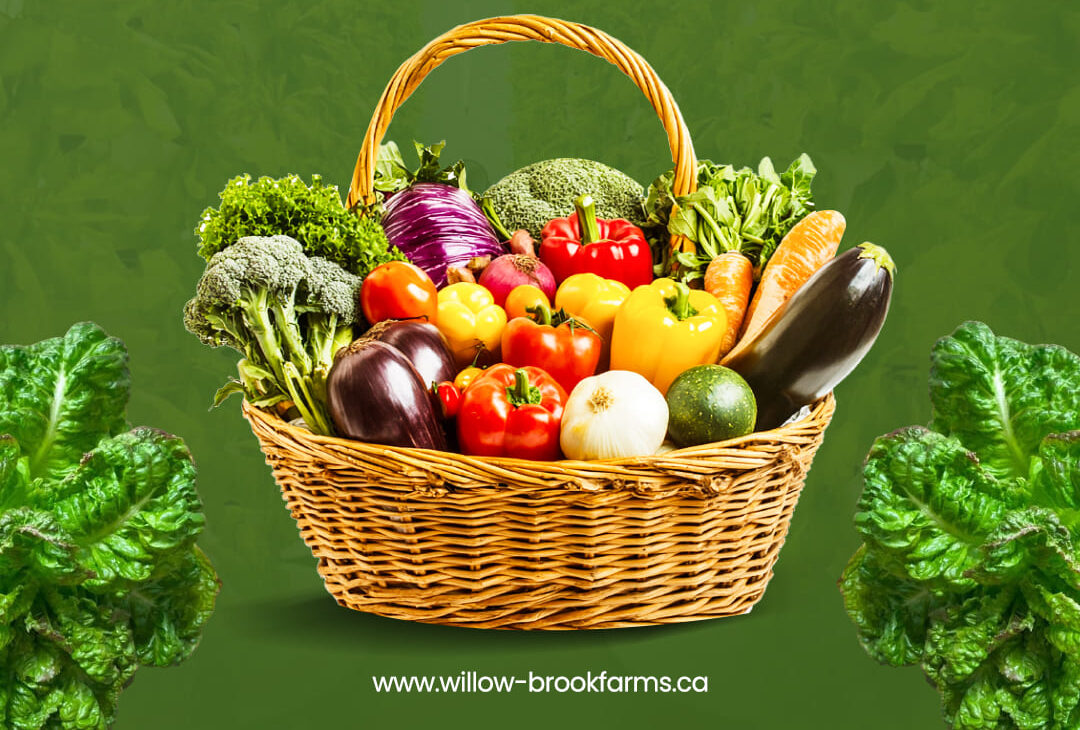
For Elders, food sovereignty is about preserving knowledge. For youth, it’s about learning by doing. And for leadership, it’s about planning for the next seven generations.
That’s why our systems aren’t just agricultural—they’re educational and intergenerational. In many of the schools we work with, our hydroponic towers double as living science labs. In community wellness centers, they support nutrition programs. And in cultural spaces, they reconnect food to ceremony, language, and story.
Imagine:
Youth planting sacred medicines alongside leafy greens
Elders teaching planting cycles through oral history
Local growers adapting traditional food species to indoor systems
This isn’t just farming. It’s sovereignty in action.
Climate change continues to destabilize traditional food access across the country. Melting ice roads, early thaws, and extreme weather make shipping food unpredictable and, at times, impossible.
Vertical farming provides a stable, year-round alternative. By growing food indoors using LED lighting and climate control, communities can harvest multiple times per year—independent of weather, season, or road conditions.
It’s not about replacing the land. It’s about protecting food access when the land can’t be provided due to climate shifts or colonially-imposed boundaries.
In indigenous communities hydroponic systems have already begun reshaping food access:
Fresh produce that lasts weeks, not days
Educational engagement for students learning about sustainability
New food businesses and local jobs in food prep and system maintenance
Improved community health through better nutrition and wellness education
Each tower is a tool—but more than that, it’s a symbol of sovereignty, rooted in community leadership and cultural values.
If you’re part of an Indigenous council, school board, or community leadership team looking to build sustainable, self-determined food systems—we’re ready when you are.
Willow Brook Farms offers:
Full installation, training, and support
Funding guidance and community-led planning
Partnerships built on respect, accountability, and impact
Let’s work together to restore food systems, empower future generations, and grow something that lasts.
Contact our Indigenous Partnerships Team
Start a conversation today